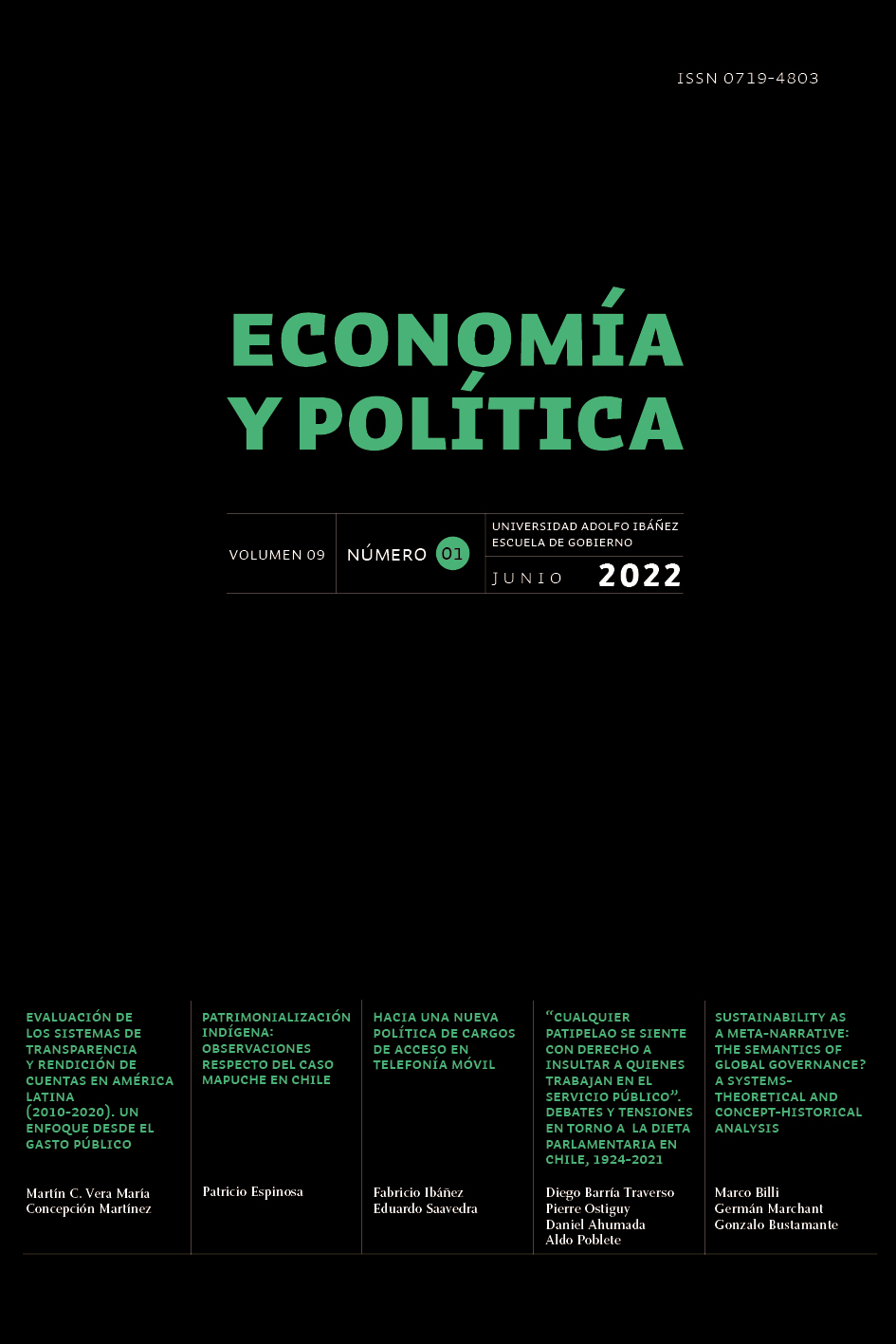Toward a new policy for access charges in mobile telephony
DOI:
https://doi.org/10.15691/07194714.2022.003Keywords:
access charges, telecommunications, Mobile Virtual Network Operators (MVNO), mobile call charges, ChileAbstract
This paper shows that the regulatory policy of access charges in mobile telephony in Chile, based on the marginal costs of providing access to networks, is very inefficient and suggests its modification. Indeed, access charges are set well above the optimal ones, which discourages the entry of Mobile Virtual Network Operators (MVNOs), a way to provide dynamism to this industry. We arrive at this conclusion by modeling an oligopolistic market in which two Mobile Network Operators (MNOs) and a single MVNO compete, which is calibrated in its demand and cost parameters to compare the marginal cost access charge policy with the socially optimal policy. This result, which produces an inefficiency estimated at US$3.5 million annually, is further supported by the fact that there are two other policies that deliver better results than the policy of pricing at marginal costs. The most efficient policy of those studied sets the call termination charge at zero and only charges the MVNO for the marginal cost of initiating a call, which produces an efficiency loss of only US$9 thousand per year. A third policy option, named “pure bill & keep” with no access charge at all, provides intermediate results in terms of efficiency; this is, an annual efficiency loss of US$1.1 million.


